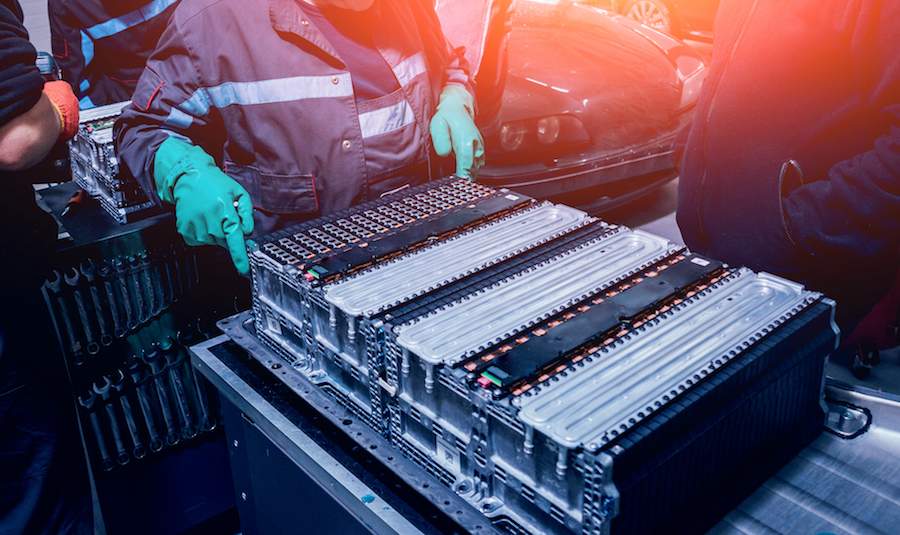Tesla warns of coming battery minerals shortage

While demand for electric vehicles (EVs) continues to soar, investment in companies mining for the so-called battery metals is lagging far behind, which may trigger an upcoming global shortage of those minerals, a Tesla executive has warned.
The EVs manufacturer pioneer, Reuters reports, has also said it believed that prices for key elements in the making of rechargeable batteries, including cobalt, lithium, nickel and copper, could increase exponentially as a consequence of limited supply.
The comments by Sarah Maryssael, Tesla’s global supply manager of battery metals, echo those of other carmakers, such as Ford Motor, Toyota and BMW, who have said the auto industry would need to invest directly in battery metals mines in order to secure supply over the next three to five years.

Ford, which plans to launch new EVs as soon as next year, has been reducing the proportion of cobalt it uses to lower its dependency on it. And while the company doesn’t see the need to participate in mining, or have direct cobalt offtake agreements, it has admitted it may re-evaluate that decision in the future.
Early last year, Toyota Motor Corp, Asia’s No.1 car manufacturer, said it had found a way to make EVs more affordable and less vulnerable to shortages in supply of the key elements needed.
The announcement followed Samsung SDI’s. South Korea’s leading battery maker plans to recycle cobalt from used mobile phones and develop lithium-ion batteries with minimum content of the metal, or no cobalt at all, as a way to offset soaring commodity prices.
BMW is another of the top carmakers that expects demand for battery metals to go ballistic. It predicts the need for those materials will grow 10-fold by 2025. Volkswagen is also on a $50B offensive.
Most carmakers have chosen nickel-manganese-cobalt batteries (NMC). Tesla’s favoured battery technology – nickel-cobalt-aluminum (or NCA) – already uses less than 3% cobalt.
According to Germany’s Karlsruhe Institute of Technology (KIT), supplies of battery metals are likely to be limited as soon as 2050.

Tesla’s Gigafactory in Nevada. (Image courtesy of Tesla.)
(With files from Bloomberg)
{{ commodity.name }}
{{ post.title }}
{{ post.date }}




3 Comments
Jeff Garbaas
2050???,in 30 years?? Don’t you think a superior metal will be engineered by then, obsolescence on a grand scale by then ……..
MINING.com Editors
Thirty years is a lifetime, indeed.
Russell Jacob
Nope, don’t think there will be. It comes down to chemistry and electronegativity. Search up the electronegativity chart. Energy from batteries comes down to one thing. How much energy gets released when one atom bonds with another.
Batteries are also extremely efficient in their recovery of energy from these reactions, you cannot be more than 100% efficient. So at this point, to get more range or storage requires more battery. The only other option is that you need to have batteries that react elements with higher electronegativity. That relies on using more toxic, and even rarer elements.
It is nice to dream that technology will always continue to get better, but at the end of the day there is an upper limit as dictated by science. Battery technology has been around for longer than the internal combustion engine with far more development and investment in it. Limited room for improvement. In order to globalize the EV, it will mean discovering and using a new form of electrical storage that uses more commonly available materials, and/or also accepting that we cannot have longer driving ranges.